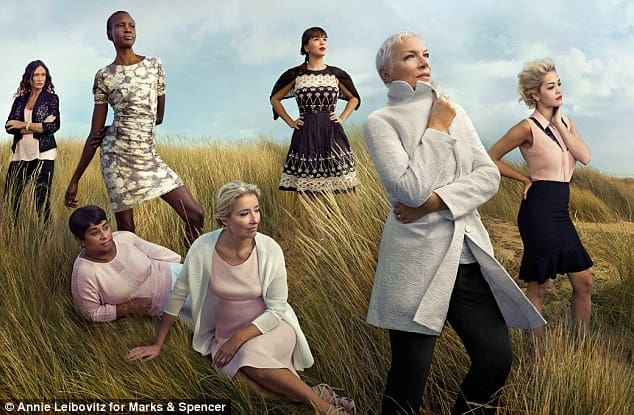When creating messaging for a target audience, it can be awfully tempting to allow the stereotypes associated with that audience to creep in. I see this a lot with the millennial audience and being part of that audience it can be quite ridiculous to see marketers perception of me as a person. But millennials aren’t the only audience who experience this. Another example is the over 50s.
The over 50s audience spends almost £4 bn more per year than younger audiences, so you would think that big brands would put a little more effort into getting to know their audience a bit more right? Think again. Research shows that 85% of over 50s in Britain believe that adverts don’t accurately represent the audience due to reliance on stereotypes. 79% even said they felt patronised by some of the adverts they’ve seen. Not surprising when you start to look at how anyone over the age of 50 is typically depicted in adverts – greying hair, walking aids, wing-back chairs and having so-called ‘senior moments’ left, right and centre.
Take a look at the 2012 Crest toothpaste advert, specifically for the over 50s:
Since when did you suddenly need different, and slightly more expensive, toothpaste just because you turned 50?
M&S also took a hit after their ‘Leading Ladies’ campaign failed to engage views, with comments pouring in from men and women calling the brand out on the ridiculous amount of air-brushing. Many claimed that they couldn’t identify with the ‘Leading Ladies’ because they looked too perfect and it set an unrealistic expectation of how women were ‘supposed’ to look.
And then there’s the obvious stereotype that we see in 90% of cleaning product adverts – they’re mostly aimed at women, and mostly feature women. Stereotyping much?
Our population is living longer, so the over 50s audience is growing larger by the day. In fact, 1 in 12 people in the UK will be aged 80 or over by 2039. And common sense tells us that people aren’t likely to remain loyal to their brand if you don’t connect with them.
Marketers need to spend more time on researching the NEEDS of the audience rather than focusing on the AGE of the audience. Most campaigns that have been called out for stereotyping any age-based audience could have been so successful, if only the brains behind it could see past the age of the individuals they were targeting.
That’s what we do at Elastic – research your target audience and pinpoint their requirements to make sure your messaging hits the bull’s-eye. Get in touch with us if you would like to find out more about how we can use targeting to boost your brand.



